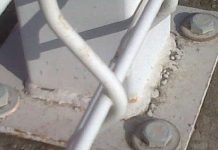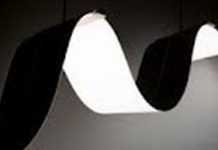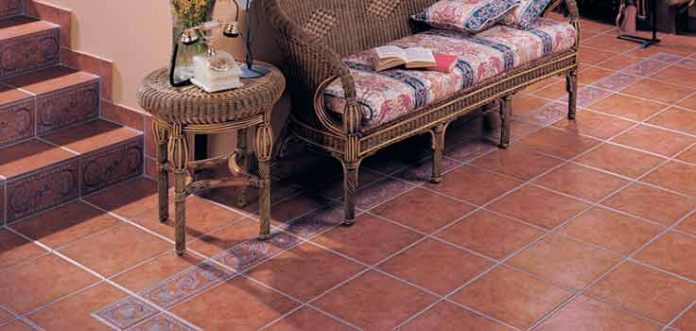
The state of the floor is a very important indicator about the situation of a house and the personality of its inhabitants.
The cleaning, care and maintenance of the floor of our homes is very important so that they look beautiful and last for a long time. The most commonly used floors today are surely stoneware, marble and parquet.
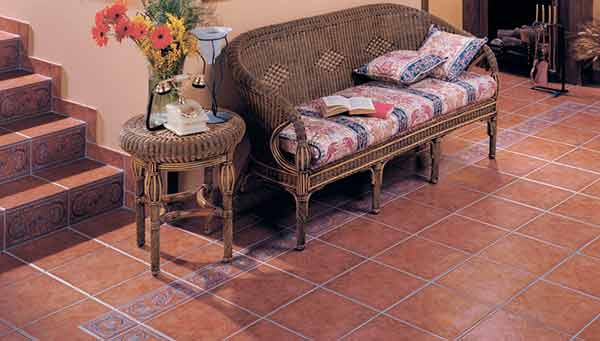
Stoneware is one of the most used floors today thanks to its great resistance. It is a floor that with a minimum of care and maintenance will guarantee a long life.
Stoneware floors are classified within the waterproof hard floorsa fact that already gives us some clue about its qualities and care.
Although you should always be careful with the products that come into contact, stoneware tends to be not very porous and therefore not very absorbent, although there are some exceptions such as Catalan stoneware, which is more porous and more delicate.
This implies that, in principle, under normal circumstances we should not have too many problems related to spots; and if for some reason there are, they should be able to be solved because the product cannot have penetrated much.
It is much more likely that in this type of flooring the problems come to us because of scratches, abrasions or broken pieces.
Once this is known, we will list the most important care and maintenance factors for stoneware flooring.
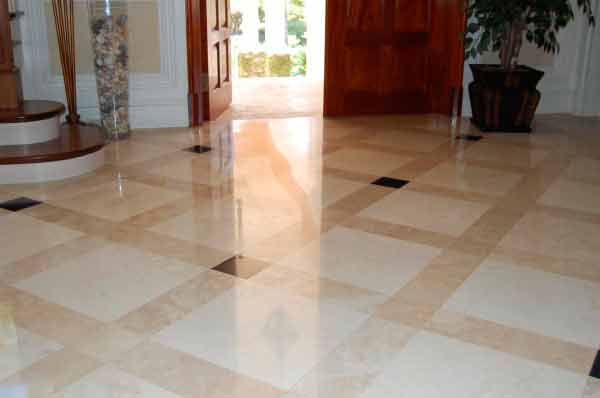
Avoid scratches and abrasions.
We must avoid all kinds of scratches and abrasions, since, as we have said, they are the most common cause of problems in stoneware.
The maintenance of the stoneware floor will be done with different practices to prevent:
- Put felt sliders on furniture.
- Do not enter with mud or stones in your shoes.
- Avoid impacts on the ground.
- Etc.
Regular cleaning.
Stoneware floors should be cleaned regularly with non-abrasive products. For this we can use special products for our stoneware following the instructions indicated by the product; It is highly recommended to seek advice from specialists in this sector.
Rubi has a neutral cleaner for this purpose, which offers a full guarantee. In addition to a wide range of products for other types of treatments.
We can also opt for more homemade methods such as warm water mixed with floor cleaner, warm water with a dash of ammonia or even plain water would be enough.
For a perfect result, we will first pass the vacuum cleaner, then we will scrub well with a mop and the chosen product, and finally, for better results, we will pass the mop.
Deeper cleaning.
If for any specific reason we want to carry out a more thorough cleaning of our stoneware floor, we recommend using the same steps as the usual cleaning but with a suitable degreasing product for our floor. You can find a lot of brands and products in the market.
A thorough cleaning is very important after the work or reform, in order to remove all traces of dirt such as cement, plaster, grout, etc. A thorough cleaning is important to remove all the dirt and not just the most superficial remains, otherwise we will drag the less superficial dirt forever.
For this we recommend using a special degreasing product to remove the remains of the work. It is important to read the product instructions for its application.
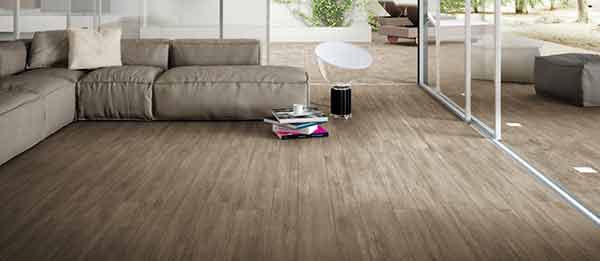
Joint cleaning.
In the maintenance of the stoneware floor, joints are also included. Therefore, in case the joints of our stoneware are no longer the original color and we want to clean them, we recommend doing it with a brush and a special product for cleaning joints.
If you want to use a more homemade and economical option, you can opt for cleaning with a toothbrush and bleach.
In case of stains…
If for any reason our stoneware has been stained, we recommend going to the professional who sold us the stoneware or using a specialized product for cleaning the stain.
However, below we will give some more homemade solutions for the most common cases:
- Fat. If our stoneware is stained with grease, it should be removed by rubbing with a cloth and a mixture of water + jet of white vinegar or ammonia + jet of grease remover.
- Humidity. In this case, a possible solution may be soft scrubbing with a clean cloth or sponge together with a little bleach.
- Paint/plaster. The best solution is to moisten the paint or plaster, if applicable, with a cloth dipped in vinegar. Once moistened we will proceed to scrub with the same cloth.
- Wax. For wax cleaning we will do the opposite. Using ice, we will harden the wax. Once hard, we will remove it by scratching it with a spatula, always being very careful not to damage the floor. Preferably we will use a wooden or plastic spatula to avoid scratching the floor.
Prevention…
Although stoneware is usually not very porous, it can also be very interesting to prevent stains, especially in high-traffic or high-risk areas such as kitchens, restaurants, bathrooms, etc.
For this we recommend applying a waterproofing or protector for non-porous surfaces in order to protect our stoneware floor from all kinds of stains, thus extending its life. We will apply it according to the manufacturer’s instructions for use.
Finally, whenever we proceed to use a special product on our stoneware, we recommend doing a small test on an inconspicuous part, in order to ensure that the product is not abrasive or harmful to our floor.
Following these simple instructions, we will carry out the maintenance of the stoneware floor almost without realizing it, and it will remain as new.


